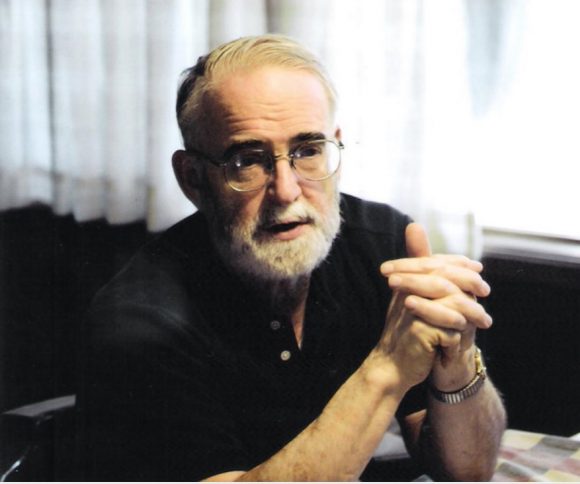Dear Commons Community,
Just when we thought it could not get an crazier, FBI Director James Comey informed Congress yesterday that a review of new emails found in relation to the bureau’s investigation into Hillary Clinton’s use of a private email server had not yielded any reason for charges against the Democratic presidential nominee.
As reported in The Huffington Post:
“Nine days after upending the 2016 presidential campaign, FBI Director James Comey announced Sunday that Hillary Clinton would not face charges over newly discovered emails found on a separate computer.
In a letter to Congress, Comey said he would not revisit his initial conclusion, announced in July, that Clinton acted carelessly, but not criminally, when she used a private email account as secretary of state.
Since my letter, the FBI investigative team has been working around the clock to process and review a large volume of emails from a device obtained in connection with an unrelated criminal investigation. During that process we reviewed all of the communications that were to or from Hillary Clinton while she was Secretary of State. Based on our review, we have not changed our conclusions that we expressed in July with respect to Secretary Clinton. I am very grateful to the professionals at the FBI for doing an extraordinary amount of high-quality work in a short period of time.
Comey’s initial announcement came in the form of a vague letter to Congress on Oct. 28. It set off days of intense news coverage centered on the possibility that the Democratic presidential nominee could face indictment over emails discovered on a laptop belonging to former Rep. Anthony Weiner (D-N.Y.), the estranged husband of longtime Clinton aide Huma Abedin.
Though Clinton’s lead in the polls had been shrinking prior to then, her aides and several pollsters said that the news dampened enthusiasm among Democratic voters and further hurt her standing.
The news certainly caused damage to the FBI’s reputation ― as well as Comey’s. Several Democrats accused the director and agents in the FBI of being partisan actors trying to interfere in the electoral process, while federal prosecutors were highly critical of Comey’s decision to make such a public pronouncement so close to the election.
Comey’s Oct. 28 announcement broke with tradition at the Justice Department, which has rules in place to prevent federal law enforcement from influencing the electoral process. While an aide to Comey blamed reporters for blowing Comey’s letter out of proportion, it was not difficult to imagine how the letter would be ― and was ― used by Clinton’s political opponents in the final days of the campaign.
President Barack Obama, who nominated Comey to head the bureau in 2013, took the unusual step of criticizing the FBI director, telling a reporter that the “norm” is not to “operate on innuendo” or “incomplete information.”
In his letter on Sunday, Comey gave scant explanation for what his bureau found in the newly discovered emails, which reportedly numbered roughly 650,000. But NBC’s Pete Williams, who has been one of the top reporters on the matter, said they found nothing particularly revelatory.
The effect of Sunday’s news on the election is hard to predict.”
Thank God tomorrow is Election Day!
Tony





